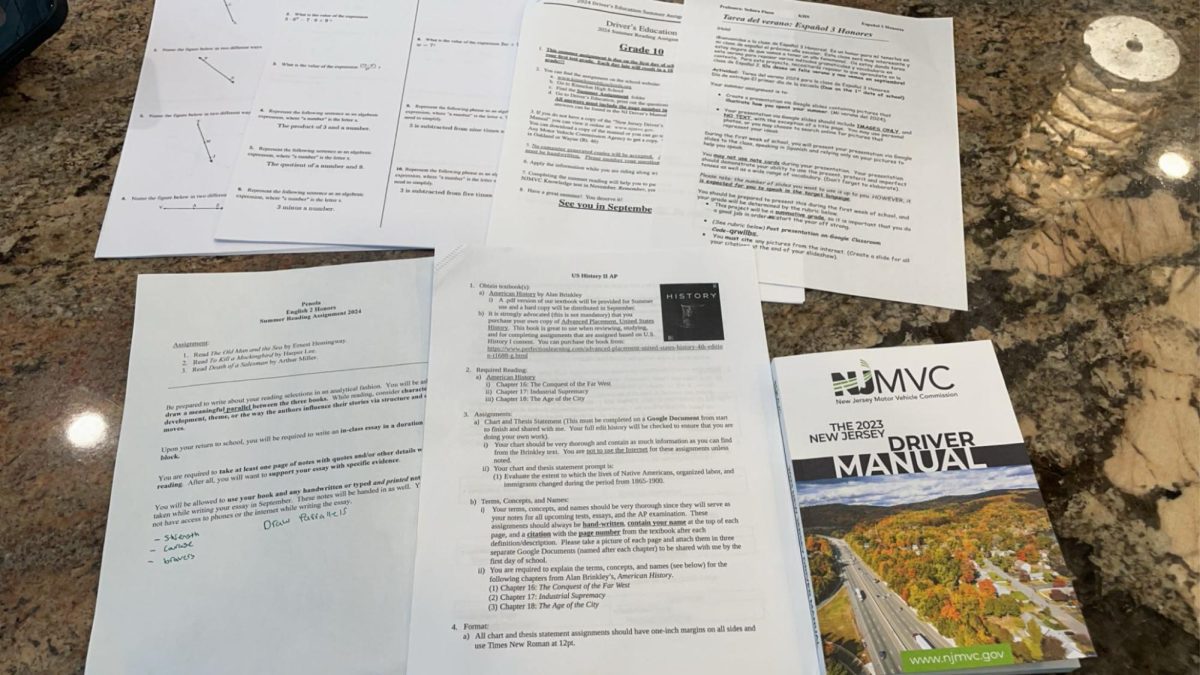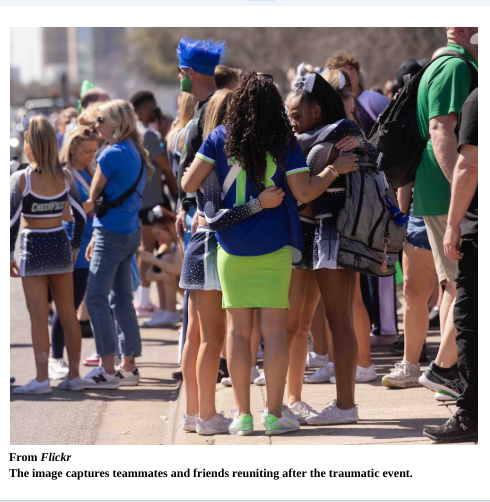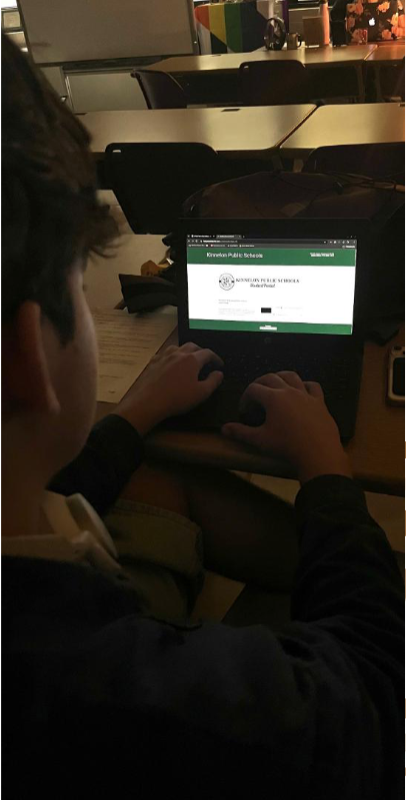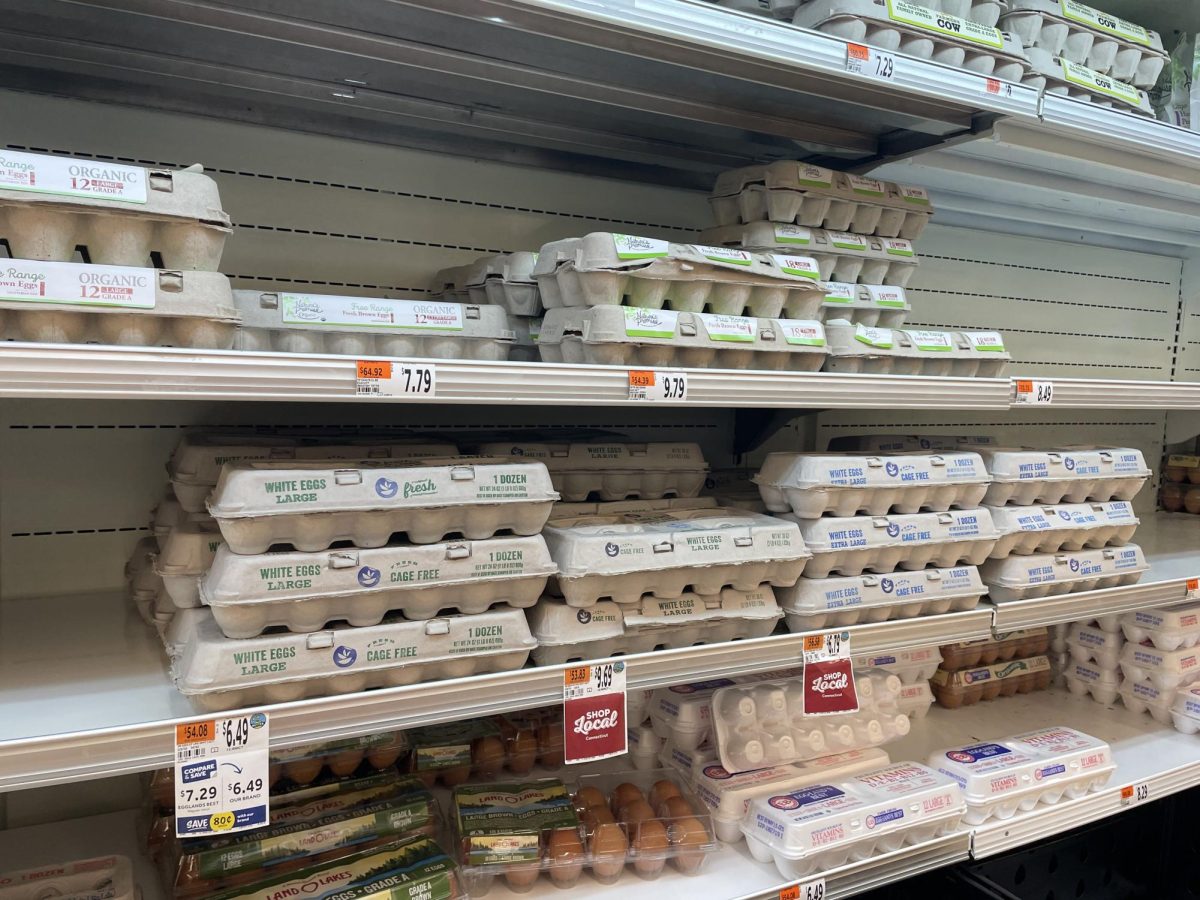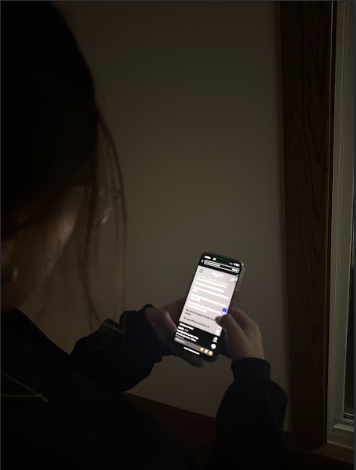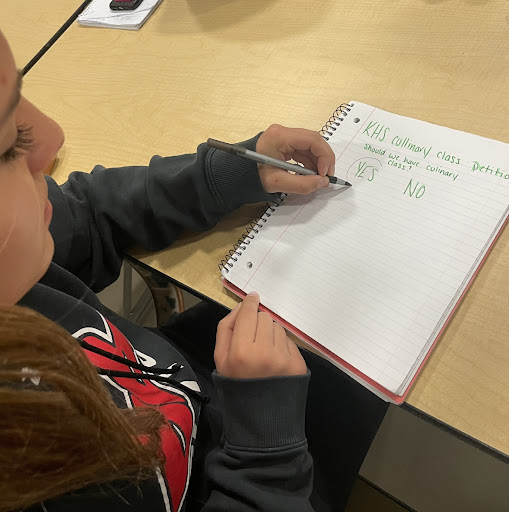
According to The Influence of Home and School Success, the many hours students spend in school between the ages of five and 18 amount to around 105,120 waking hours. Thus, “13.36 percent of waking hours are spent in school by age 18.” Half of the students’ lives are spent in school and they still do not manage to learn valuable life lessons. Because students spend so much time in school learning academically, they should also be learning life skills as well.
Schools should offer students life lesson classes. For example, while many schools do have culinary classes, most schools still do not. Samantha Mortimer, a sophomore at KHS said, “Being a student, I think that having a culinary class would be great. I have never taken a course where I was able to learn how to cook food in school. It would honestly be a great idea if we had a culinary class here at KHS.”
Kinnelon High School does not supply in-school culinary classes. The schools that do not have a culinary class in school could consider having an extracurricular culinary club. But this still defeats the purpose of having a “culinary class” because many students that would like to attend the club may not be able to due to sports, not having a ride home, or simply not having time to attend after school.
By the time students graduate, they do not have the knowledge of how to purchase a house, change a tire on a car, make loans for college, or cash money into a bank. These life skills are simply not taught in the many years and hours of schooling. Is this because parents are supposed to teach their children these lessons?
As a student at Kinnelon High School and an athlete, it’s rare to have time to learn lessons like buying a house, writing out a check, and so on. Also with full-time working parents, they never have a “perfect time” to sit down and teach these life skills. This is why most students and parents believe that having a class in school that can teach you what your parents/guardians might not be able to teach is important. There are kids out there that have a single parent or live with their aunt, uncles, or grandparents. Kids do not want to learn the circumference of a circle or an area of a triangle; they want to learn something that will stick with them for life.
At the high school level, students should start having classes to fit their needs, such as cooking classes, financial needs classes, medical aid classes, and even specific job opportunity classes. Electives are usually a choice of a class that a student chooses to take other than the suggested academic classes such as English, math, social studies, and sciences. Switching out these electives with more of a life-lesson-oriented class feels much more valuable than learning how to draw a picture like Picasso.
While many parents and students believe that these life lesson skills are to be taught at home rather than in school, there are still ways to learn. “Kids can watch Youtube videos like How to do your own laundry? or How to properly write out a check? if they really wanted to. It’s kinda easy to just watch a video than to have a whole hour class every day on how to do your laundry,” said Ali Corrado, a freshman at KHS.
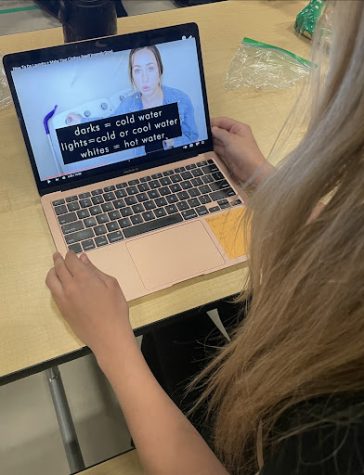
Many students do not know what it is like to live on their own and solve unexpected real-world problems when they occur for the first time. This is why Mortimer believes that “students should have access to life-lesson classes by the time they graduate high school.”

